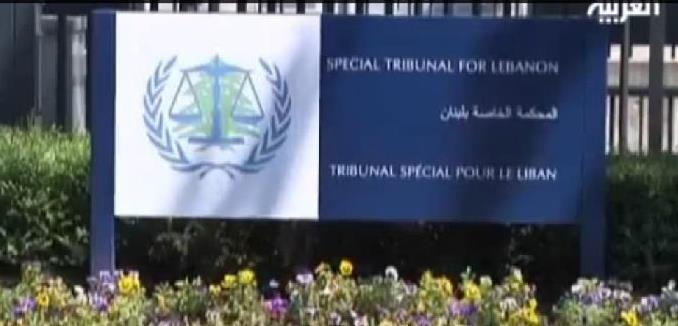A fifth indictment for the 2005 assassination of former Lebanese Prime Minister Rafik al-Hariri, issued last week by the United Nations-backed Special Tribunal for Lebanon (STL), is refocusing attention on what Foundation for Defense of Democracies fellow Tony Badran once described as the “nifty conceit” that Hezbollah is a stabilizing presence in Lebanon.
The indictment is for Hassan Habib Merhi, who prosecutors accuse of having links to Hezbollah and of having helped plan the bombing. Four operatives linked to Hezbollah had already been indicted.
Hezbollah is widely believed to have conducted the assassination, and has consistently interfered with the tribunal’s efforts to investigate the attack and prosecute those behind it. More recently, controversy has arisen over whether Lebanon’s caretaker government – Hezbollah has been criticized for blocking the formation of new cabinet – would contribute to the tribunal.
More broadly, domestic critics are now routinely blasting the Iran-backed terror group for seeking to drag Lebanon into a variety of regional conflicts.
Hezbollah’s involvement in Syria has generated blowback across Syria, triggering sectarian battles and jihadist terrorism. More than one Lebanese politician has called on the group to untangle itself from Syria, where it has been critical in preventing the fall of the Bashar al-Assad regime, lest its involvement continue undermining Lebanese stability. Even Lebanese President Michel Sleiman openly slammed Hezbollah for having “gone beyond Lebanon’s borders,
Recent days, however, have seen increasing worries that Hezbollah may try to manufacture a conflict with Israel. The group is struggling to restore its shattered image as a Lebanese group fighting Israel on behalf of Lebanon.
In August Hezbollah hung a banner on the Lebanese side of the Israeli-Lebanese border threatening Israel that the group was “coming” for Israelis, part of the organization’s annual celebration of Al-Quds Day. Hezbollah chief Hassan Nasrallah gave a televised speech describing “historic vengeance between [Hezbollah] and Israel.” Weeks later four rockets were fired at Israel from Lebanon, two landing in “populated areas,” damaging a number of homes and vehicles, another being shot down by Israel’s Iron Dome anti-missile system, and a fourth falling into the sea.
Top Lebanese figures condemned the provocation. Beirut’s Daily Star newspaper linked the attack to Al Qaeda. Caretaker Prime Minister Najib Mikati specifically condemned the launch as “a clear attempt to destabilize the security situation in the south and again turn Lebanon into an arena to settle [regional] conflicts.”
More recently, Hezbollah has been condemned domestically and internationally for trying to manufacture a conflict with Israel by pushing Beirut to issue exploration tenders for underwater energy resources in disputed areas.
[Photo: IslamChanelTube / You Tube]




